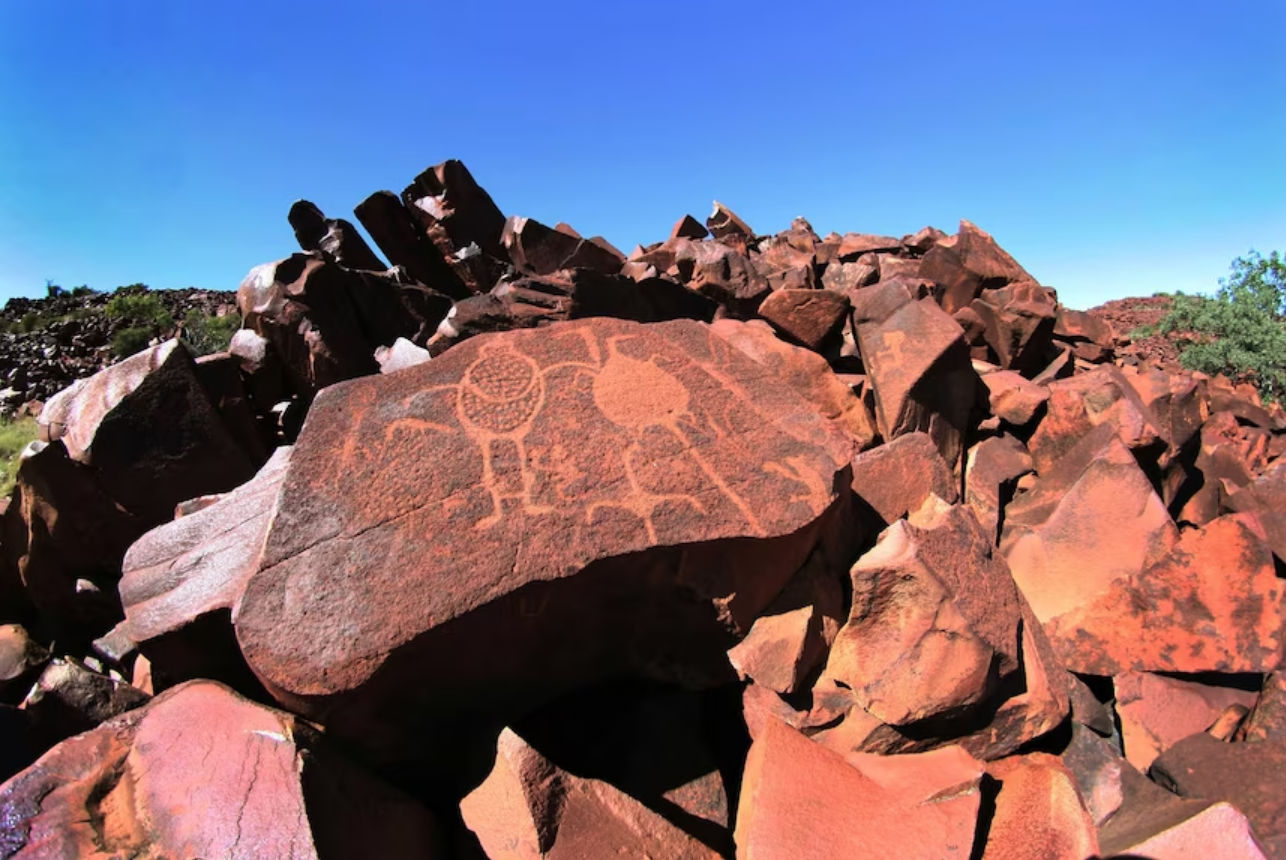Learning from a Catastrophe: WA and its Cultural Heritage
On July 1st 2023, the Aboriginal Cultural Heritage Act 2021 (WA) was put into operation in Western Australia. Five weeks later, it was repealed. The Act was aimed at recognising and protecting land, remains and artefacts of Aboriginal cultural heritage, but was particularly legislated in reaction to the destruction of Juukan Gorge by the Rio Tinto mining company. The quick reversal of the 2021 Act came after widespread confusion and backlash from the Western Australian community, especially farmers, concerned with the financial obligations imposed on them by the 2021 Act. While the WA government is amending the previously operational Aboriginal Heritage Act 1972 (WA), whose insufficiencies led to the destruction of the Juukan Gorge, many in the Indigenous community are incredibly disheartened by the decision to repeal the 2021 Act.
The previous 1972 Act had deep flaws, but the root of many was how it kept ultimate discretion in the hands of the Minister for Aboriginal Affairs. In particular, Section 18 allowed landowners and companies to apply to the Minister for approval to damage or demolish a cultural heritage site. If the application was denied, the landowner had the right to appeal the decision. Critically, however, Indigenous traditional owners were not given the right to appeal decisions allowing such destruction.
This prioritisation of mining and business over Aboriginal heritage protection led to the disaster that was the destruction of the Juukan Gorge in 2020. An application was made by Rio Tinto under section 18, and the application was approved by the Barnett government in 2013. Between this approval and the Gorge’s destruction, numerous culturally significant remnants were found, including stone tools, preserved human hair, and pollen remnants in sediment – which could have been used to analyse environmental changes over past millennia. It was considered one of the most significant Indigenous and archaeological sites in Australia, with records of human activity in it spanning 46,000 years.
Despite these discoveries, the Gorge was obliterated for the sake of resources and profit.
The 2021 Act aimed to remedy the failures of the 1972 Act by prioritizing the Aboriginal people’s connection and custodianship over their heritage. This involved the creation of the Aboriginal Cultural Heritage Council to provide information and services to facilitate the 2021 Act and promote awareness of Aboriginal cultural heritage. The Act also put positive obligations on landowners to have their land surveyed, and if they wanted to excavate more than 1,100 square metres, needed approval from the Minister.
This spurred outcry from the large farming community in WA, who were worried about large financial burdens and penalties for failing to adhere to the Act. There was also rebuttal from some Aboriginal communities, such as those in the Kimberley, who felt the Act failed to bring Indigenous decision making to the forefront and was too bureaucratic. However, it was primarily the concern of farmers and landowners that led the 2021 Act’s repeal and the re-instatement of the 1972 Act with amendments – a choice which has left many Aboriginal groups incredibly disappointed.

